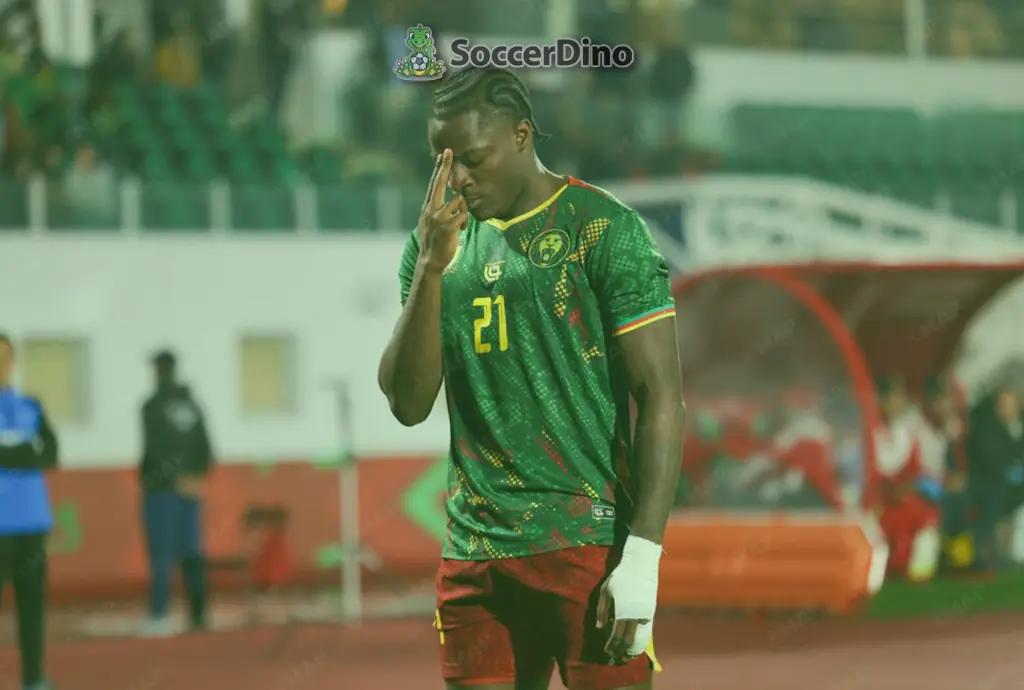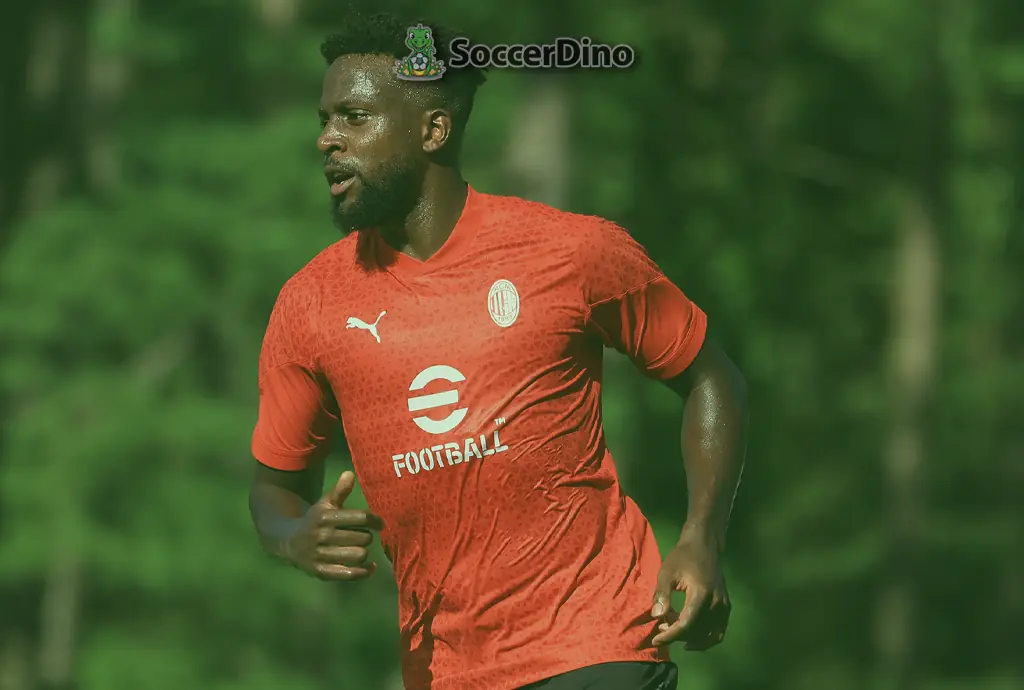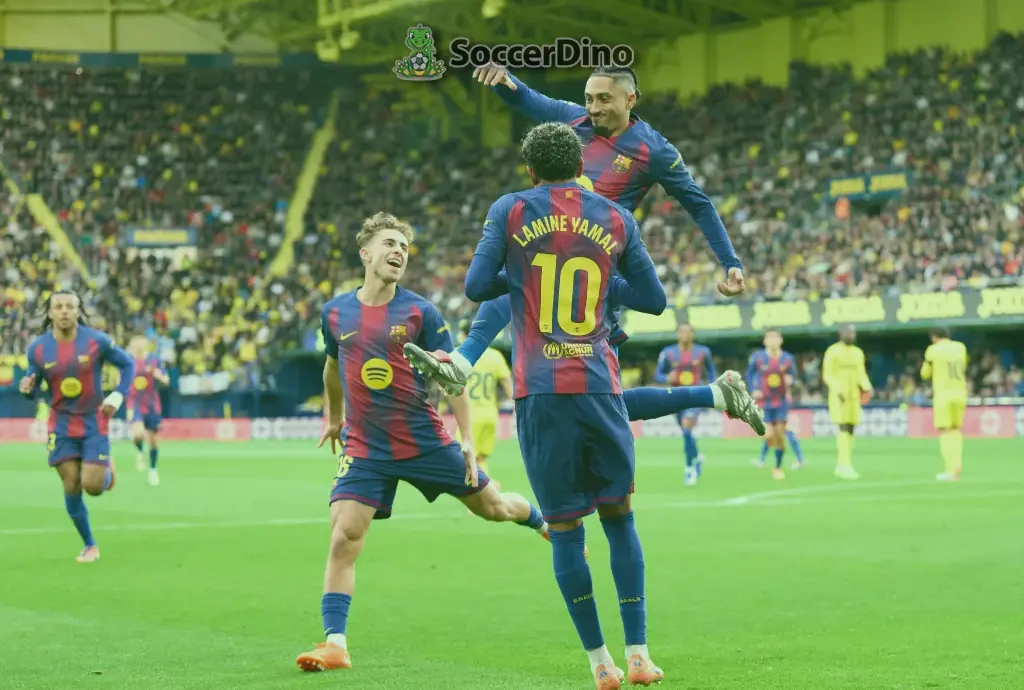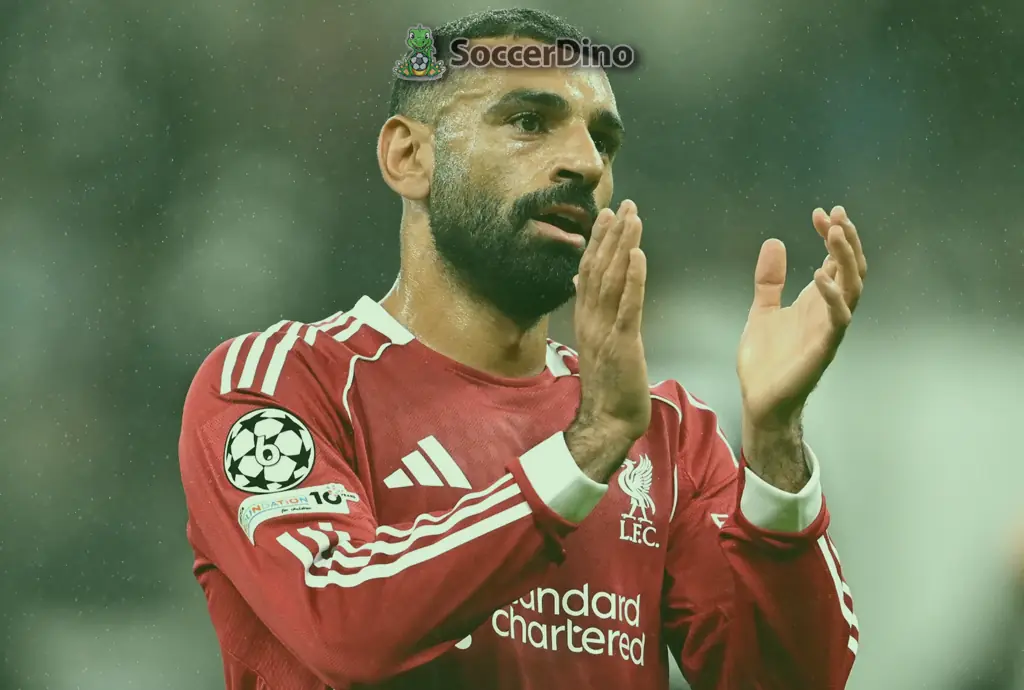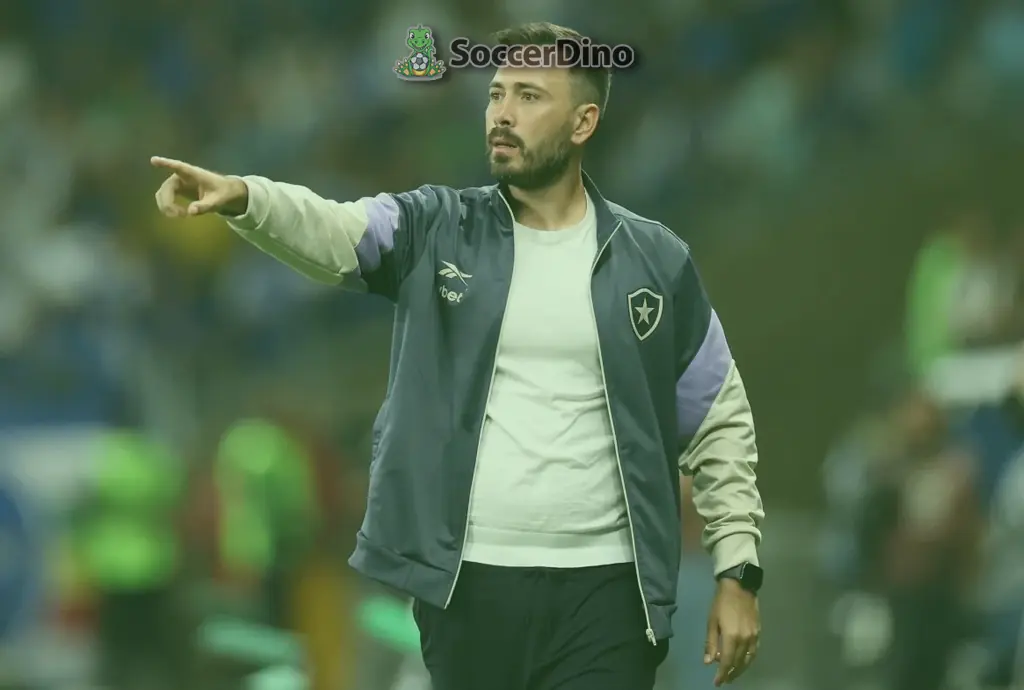José Bordalás addressed Sevilla's anti-football during the press conference. Not because the Getafe coach wanted to complain about it, but to show that he is not the only one who pulls out all the stops.

In the Netherlands, most Ajax fans still vividly remember the name José Bordalás, a coach who left a lasting impression when Ajax faced Getafe in the 2020 Europa League.
Bordalás, known for his unconventional and often controversial tactics, led Getafe at the time and became infamous among Ajax supporters for his team’s disruptive style of play. It wasn’t just about winning; it was about how Getafe went about it. Time-wasting, feigning injuries, and slowing down the game were the order of the day. The frustration levels reached a peak as the ball was actually in play for less than half of the total match time, a clear indication of Getafe's deliberate strategy to break up the game and prevent Ajax from building any rhythm.
The match against Getafe became notorious in Dutch football discourse, with fans and pundits alike criticizing Bordalás’ approach as "anti-football" a style that prioritizes disruption over creativity or fluidity. Despite Getafe’s eventual success in knocking Ajax out of the tournament, the bitterness surrounding the tie lingered, and Bordalás became a symbol of gamesmanship taken to an extreme. His tactical philosophy, centered around getting results by any means necessary, has since followed him wherever he’s coached.
Even today, Bordalás continues to face harsh criticism for his playing style at Getafe. Many consider his approach unsportsmanlike, but Bordalás himself remains unapologetic. For him, the ends justify the means, and his teams are known for their defensive resilience and ability to frustrate their opponents. This philosophy has earned him as many detractors as supporters, with debates around his methods regularly surfacing in both Spanish and international football.
This history made Bordalás’ comments following Getafe’s recent 1-0 defeat to Sevilla all the more intriguing. The match was a tight contest, with Sevilla desperately needing the points, just like Getafe. However, it was Sevilla who, this time, deployed tactics that Bordalás himself has often been accused of using. After the match, Bordalás couldn’t help but highlight what he perceived as a similar “anti-football” approach by the opposition.
During the post-match press conference, Bordalás pointed out Sevilla’s efforts to break up the rhythm of the game, something that caught his attention right away. "There was no rhythm to the game at all," he said. "Every foul took forever before play resumed, and sometimes there wasn't even a ball on the field." His remarks echoed the very frustrations that Ajax fans had voiced years earlier, but this time, it was Bordalás on the receiving end of such tactics.
However, Bordalás made it clear that he wasn’t complaining for the sake of complaining, nor was he asking for sympathy. His aim was to shed light on the double standards that exist in football. "We don't complain about it," he said, referring to Getafe’s own use of similar tactics in the past. "But don’t complain when it happens the other way around either." It was a pointed comment aimed at his critics, who often lambaste his team’s methods but seem to turn a blind eye when other teams do the same.
In many ways, Bordalás’ remarks can be seen as a defense of his footballing philosophy. He has long been aware of the negative perceptions surrounding his style, but he also knows that Getafe, a smaller club with limited resources, must fight tooth and nail to compete with Spain’s elite. For Bordalás, disrupting the flow of the game is not just a tactic but a necessity. His teams do not have the luxury of playing expansive, possession-based football like Real Madrid or Barcelona, and so they must find other ways to level the playing field.
His comments after the Sevilla match served as a reminder that football is not always about aesthetics. In his eyes, pragmatism is often overlooked in favor of attacking football, and those who criticize his methods should perhaps consider the context in which Getafe operates. Sevilla, another team with European ambitions, proved that when the stakes are high, even they are not above employing time-wasting or disruption tactics.
In the end, Bordalás remains a polarizing figure in football. To some, he is a master tactician who understands the realities of modern football and knows how to get the best out of his players. To others, he represents everything that is wrong with the game, where entertainment and fluidity are sacrificed for the sake of grinding out results. As Getafe continues its season under Bordalás' guidance, one thing is certain: his approach will continue to spark debate and divide opinions both in Spain and abroad.
This latest episode with Sevilla only reinforces Bordalás’ belief that football is a game of tactics, not just beauty, and that every team, when faced with a tough situation, might resort to the very methods they claim to despise.
